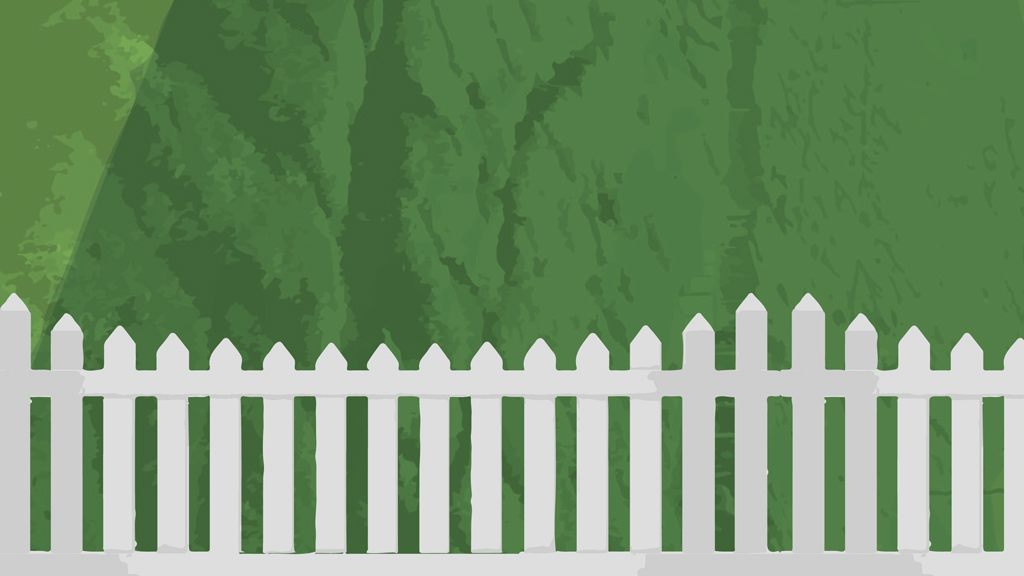Once again, we’re asking our serious scholars and researchers to set aside their deep thoughts, particle accelerators and Bunsen burners to take a more light-hearted approach. We present our UH professors with an everyday observation — like “Breakfast is the most important meal of the day”— and solicit their reactions. Some wax poetic, some whimsical, and the results are anything but scientifically verifiable. And, we hope, that’s why it’s fun.
This time, we’ve asked our panel to consider this truism: Is the grass always greener on the other side?
Cutting Remarks
By Ed Hirs
The grass is not greener on the other side of my fence. How is my grass greener? Simple: My lawn is longer. I have broken the onerous chain of 1) fertilize 2) water 3) cut 4) mulch and 5) repeat. I prefer my ethanol for cocktails, not fuel for a high-powered mower. The traditional reel mower is used, only with reluctance, when the dog gets lost in the verdant backyard. Bark if you can hear me, Happy.
The other lawns around me are meticulously manicured to a level that rivals Astroturf. Morning and evening their sprinklers accelerate the growth by pouring water on the ground and frequently down the storm sewer — dispersing extra fertilizer into the Galveston Bay watershed. Their gasoline mowers belch CO2 on a weekly basis. Every month, the work crews over-apply fertilizers made from natural gas produced and transported by diesel engines. Round and round it goes. This is not very sustainable farming.
Grass effectively sequesters CO2 and efficiently converts solar energy to grow and maintain the lovely green color. Lately, grass has been under attack. Satellite photographs record the devastation of the Amazon’s rainforests. Condo developments and erosion of shorelines have destroyed millions of acres of coastal grasses. The loss of seagrass near shore is a further assault on the planet’s native ability to absorb produced CO2. Where is all this headed?
It is easy to be greener. Let the lawn grow and conserve one’s own energy.
Hirs teaches energy economics courses to undergraduate and graduate students in the Department of Economics. An inaugural UH Energy Fellow, he is also a Chartered Financial Analyst in case you want to calculate how much your green lawn is really costing you.



